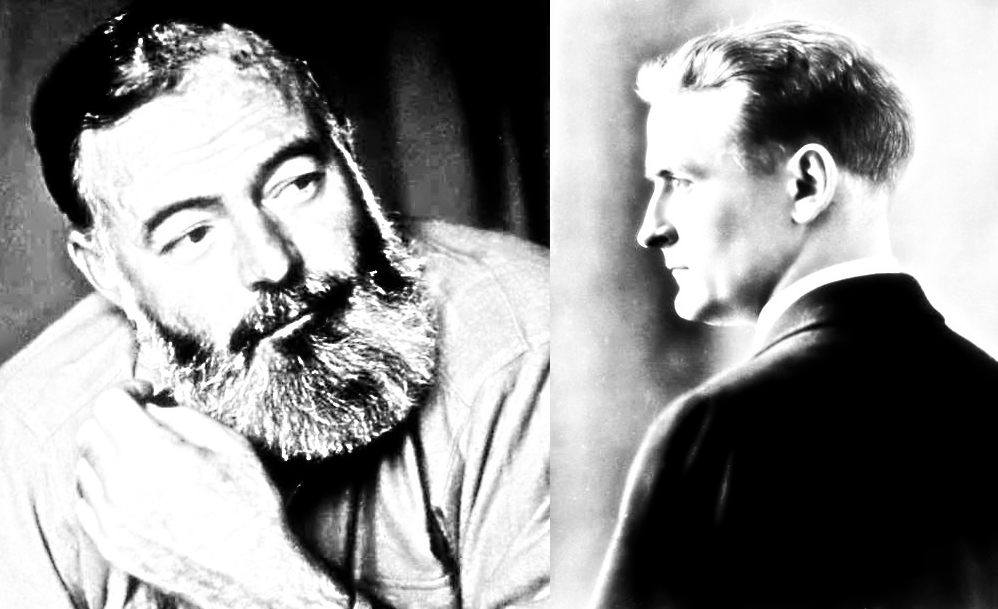I am infatuated with the Harlem Renaissance writers for their skill and audacity. It’s really great that in the face of adversity and racism, these writers were committing to paper extremely influential work that was also politically-minded and creative. Claude McKay stands out from the group for a poem in particular (I’ll share it down below), so why don’t you take a stroll with me through his life and see what brought this writer to Harlem and what possessed him to write such excellent work?
Biography
Claude McKay was born Festus Claudius McKay on Sept. 15, 1889, in Clarendon Parish, Jamaica. As a youth, McKay was instantly attracted to British poetry even though his parents had utmost pride in their “Malagasy and Ashanti Heritage” (biography.com). McKay would blend both cultures together to form a strong writing voice with the help of a few friends:
“Under the tutelage of his brother, schoolteacher Uriah Thephilus McKay, and a neighboring Englishman, Walter Jekyll, McKay studied the British masters, including John Milton, Alexander Pope, and the later Romantics—and European philosophers …”
(poetryfoundation.org)
With education under his belt, McKay’s poems featured “vernacular verse celebrating peasant life in Jamaica” and “poems that protested racial and economic inequities.”
In 1912, McKay published Songs of Jamaica and Constab Ballads under a London publisher and then he eventually moved to the US to study at the Tuskegee Institute and Kansas State College. He only remained at the institute for a few short months. Two years later, in 1914, he moved to Harlem, New York. In 1917, McKay published more poems in Pearson’s Magazine and Liberator, which featured his poem (and, honestly, one of my favorites) “If We Must Die,” which details the lengths that people should strive in order to see themselves vindicated in the eyes of the establishment.
Here’s the poem in its entirety:
If we must die, let it not be like hogs
Hunted and penned in an inglorious spot,
While round us bark the mad and hungry dogs,
Making their mock at our accursed lot.
If we must die, O let us nobly die,
So that our precious blood may not be shed
In vain; then even the monsters we defy
Shall be constrained to honor us though dead!
O kinsmen! We must meet the common foe!
Though far outnumbered let us show us brave,
And for their thousand blows deal one death-blow!
What though before us lies the open grave?
Like men we’ll face the murderous, cowardly pack,
Pressed to the wall, dying, but fighting back!
“If We Must Die” by Claude McKay
McKay would leave the US for a few years and publish Spring in New Hampshire in 1920 during his European travels. After returning to the US, McKay began his journey into political activism. He involved himself with communists and the Universal Negro Improvement Association. He would leave the US again to travel to Europe and North Africa, where he stayed for over 10 years, publishing a few notable works, including Home to Harlem and Banjo.
While he had dabbled in communism, he later began to dismiss the idea after he returned to the US once more and started engaging in more spiritual pursuits with the theologians in Harlem. Eventually, he converted to Catholicism, and toward the end of his life, he worked as an educator for a Catholic organization. Due to his monumental literary and political pursuits in life, he left a lasting impression.
“McKay’s viewpoints and poetic achievements in the earlier part of the twentieth century set the tone for the Harlem Renaissance and gained the deep respect of younger black poets of the time, including Langston Hughes.”
Poets.org
He died of a heart attack in Chicago on May 22, 1948.
Notable Works
- Songs of Jamaica
- Constab Ballads
- Spring in New Hampshire, and Other Poems
- Harlem: Negro Metropollis
Works Cited
Biography.com
Poetryfoundation.com
Poets.org







